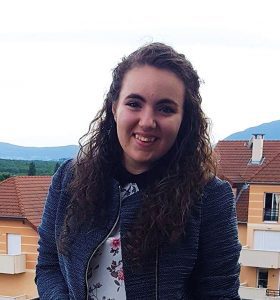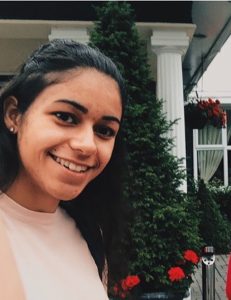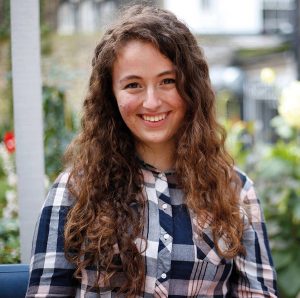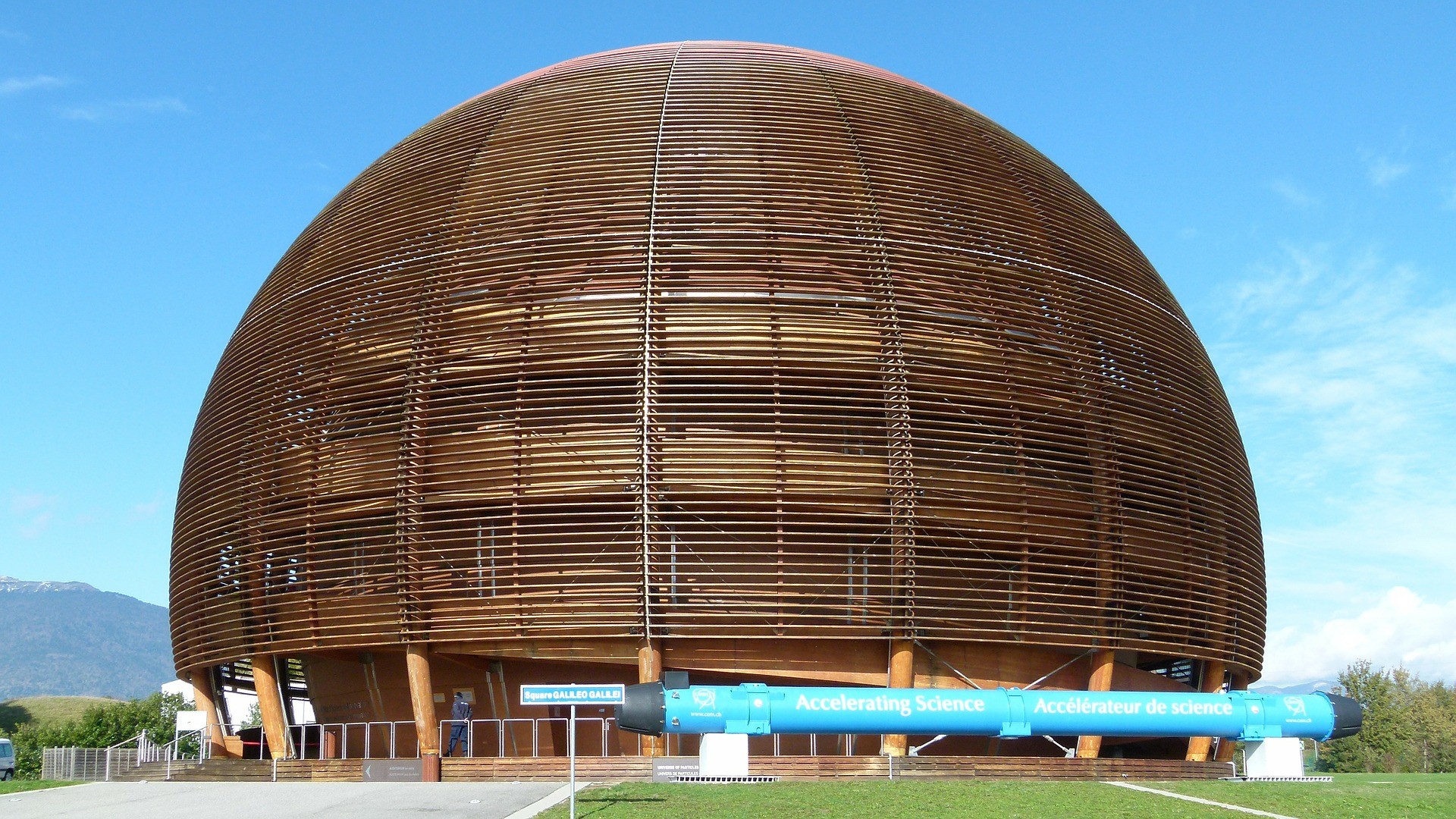


At the European Organization for Nuclear Research (CERN), an army of researchers from around the world are studying the very structure of our universe, starting from the very basic constituents of matter: the fundamental particles.
CERN has some of the largest laboratories in the world, boasting cutting-edge purpose-built instruments like particle accelerators and detectors. It therefore comes as no surprise that, when lecturers from the G. F. Abela Junior College’s Physics Department announced they were organising a visit, all the positions available were quickly snapped up.
There was a recurring theme present throughout our CERN experience: ‘borders’. During our stay, we crossed the Franco-Swiss border several times from our lodgings in France to CERN in Switzerland. Coming from a small islandstate, where any inter-country travel requires a plane or boat ticket, it was a little surreal being able to put our passports away and walk to Switzerland.
The visit helped us reflect on the boundaries we create when trying to study how nature works. We compartmentalise topics into physics, chemistry, or biology, when really these topics are all one large subject seen from different viewpoints. This was most evident in the permanent exhibitions at CERN that touched on topics including atomic structure, PET scans, and the development of computer technology at CERN. There were no borders between the different subjects we studied in different departments back at Junior College.
During this amazing week, we experienced tours of the facility using CERN’s own transport. Many of the researchers use bicycles, taking advantage of all the green areas. We saw dedicated individuals working together for the good of the world, no matter their colour or creed. They overcame yet another border: a cultural one. Their mission is simply to produce outstanding work that will help us understand the universe around us.
The trip opened our eyes in many ways. As a group, we learnt together and supported one another when needed. We shared ideas. Discussed. We were our own mini-unit. With an understanding of this dynamic and all the fields involved, some of us have even been inspired to add a new goal to our list: join the team at CERN.
Authors: Maria Victoria Vella, Josephine Vella and Karen Muscat
This visit was made possible thanks to our sponsors: Liquigas Malta Ltd, Mizzi Motors, and Buzzer Stationers & Publishers. We wish to thank our lecturers for organising the experience, namely Ms. M. Soler, Ms. A. Vella, Mr. C. Busuttil, Ms. L. Bonello, and Ms. E. Bugeja.





Comments are closed for this article!